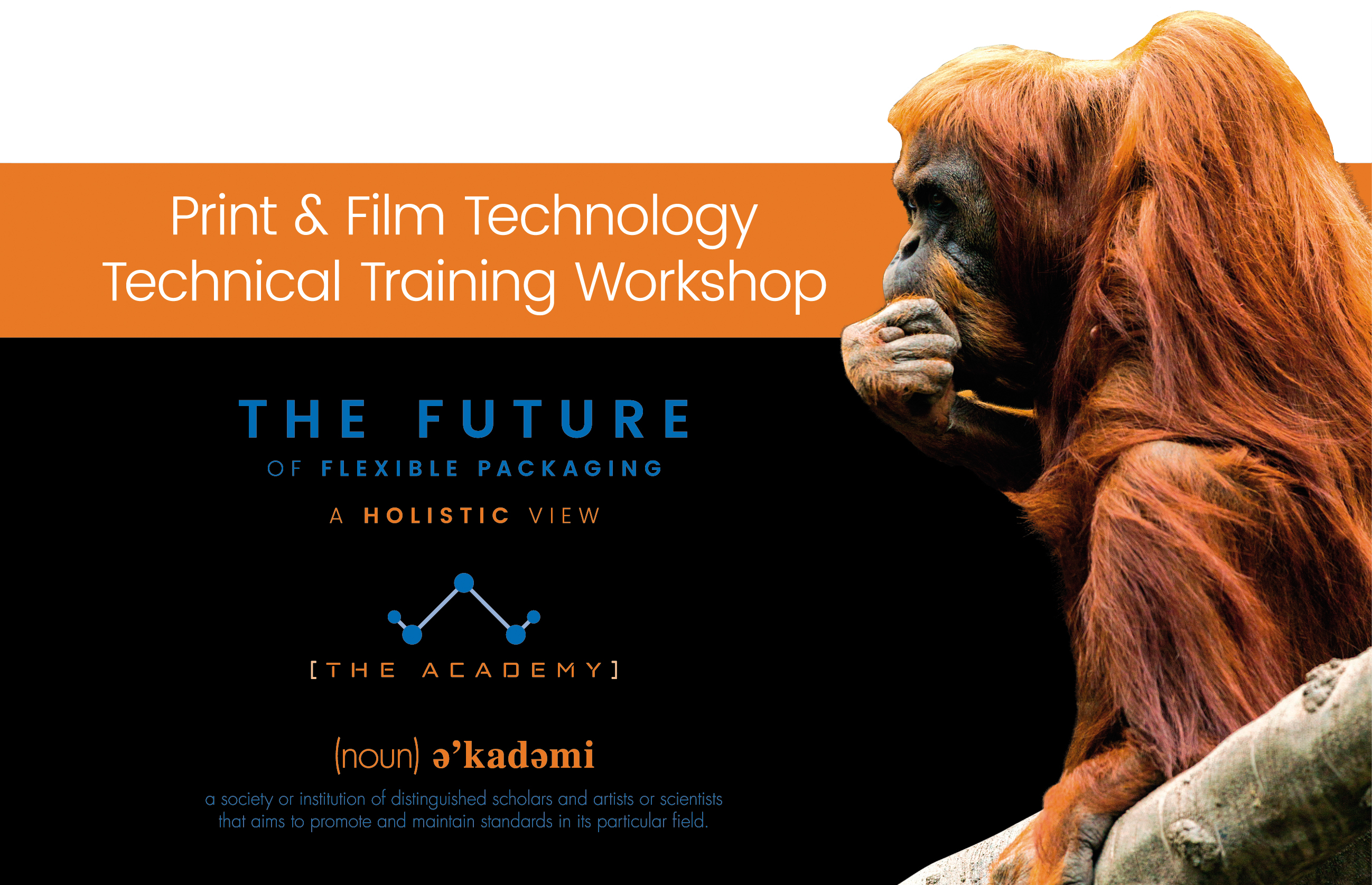Through its innovative Academy and technical training workshops, National Flexible is leading the sector towards a more sustainable future

It is difficult for many of us to remember that, not so many years ago, food packaging was a much simpler technology. Cartons and cans were the dominant packaging materials and whilst films were used, they were predominantly OPP or cellulose – sometimes with a metallised coating or perhaps PVdC or acrylic coating to enhance pack performance.
In those days, we had no concept that 12 layered extruded film could be produced incorporating EVOH or that nylon, Surlyn etc, would be available. There were few trays with lidding and the flexible pouch market barely existed.
The demand from supermarkets for longer shelf life, lighter weight, less packaging and lower costs led to the replacement of many boxes, cartons and cans with high tech flexibles. Almost simultaneously, the technology for printing films improved beyond recognition, particularly flexographic printing, to provide exceptional, low cost, high quality pack presentation.
Film and Print Technical Workshops
At National Flexible, these developments demanded that we:
a) Ensure our entire commercial team understood these technologies and could utilise them for our customers
b) Keep abreast of the latest developments by visiting packaging exhibitions worldwide to find new films
c) Audit our customers’ current packaging to ensure they took full advantage of the new technologies
We developed a comprehensive technical training workshop for all our commercial people. We then found our customers were keen to develop the technical skills of their own people. These technical workshops and audits have been an outstanding success with over 120 companies sending more than 500 delegates; as shown on our website, the list of organisations who have signed up reads like a ‘Who’s Who’ of the food industry.
The Academy: The Future of Flexible Packaging
The success of those workshops led us to consider the future for food packaging. We recognise, whatever our views, that food packaging has to change to meet the demands for more sustainable recyclable materials with less plastic to meet the proposed 30 percent post-consumer waste requirements. What are the new materials and processes available to meet these requirements and how can we and our customers adapt to meet the new demands? The Academy highlights how this can be achieved. To date we have welcomed 40 companies and over 200 delegates.
To join The Academy or consider an Audit or a Film and Print Technical Workshop, please contact us on 01274 685566 or via www.nationalflexible.co.uk



